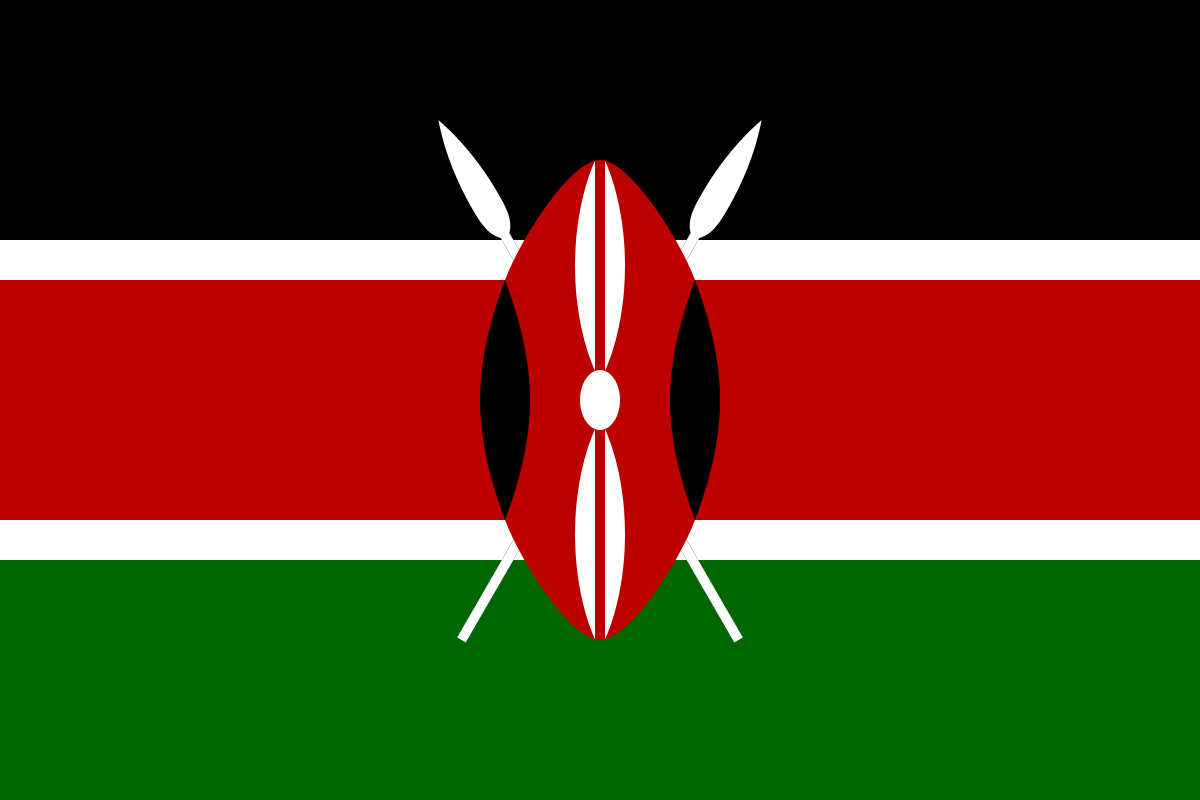Safaricom on Friday launched trials for the high-speed fifth generation (5G) network that will be powered by Nokia and Huawei.
Chief Executive Peter Ndegwa said the trials will begin with both individual and enterprise customers in Nairobi, Kisumu, Kisii and Kakamega.
Kenya's biggest telecom operator, partly owned by South Africa's Vodacom and Britain's Vodafone will leverage on the super fast 5G infrastructure to entrench its data offerings.
As part of its trial, the company plans to expand the number of 5G sites to 150 across nine towns over the next 12 months, primarily to establish if customers can enjoy speeds of up to 700 Megabits per second, with plans to upscale the speeds to over 1,000 Mbps incoming months.
“Today marks a major milestone for the country. With 5G, we aim to empower our customers with super-fast internet at work, at home and when on the move, supplementing our growing fibre network,” said Ndegwa.
He added, "That they (Huawei) are used all over the world. we find them to be reliable."
The 5G technology will be an alternative to Home Fibre and Fibre for business services, targeting customers in places where Safaricom is yet to roll out its fibre network. Data by the Communications Authority of Kenya (CA) indicates that by September last year, Safaricom controlled 67.5 per cent of the mobile data segment in Kenya, in addition to a 35.6 per cent share of the home and office by fibre market.
Ndegwa said enterprise and Home Internet customers on the service will be provided with a 5G router. Additionally, the 5G service will be available on mobile phones beginning with the Huawei Mate 30 Pro and P40, with Nokia 8.3, Samsung Galaxy S21 series, Samsung Galaxy ZFold2 and Samsung Galaxy S20 Ultra 5G coming on board by the end of April 2021.
“I congratulate Safaricom on this milestone, reinforcing the country’s position at being at the forefront of innovation in the region and the world. 5G technology will usher increased internet speeds and capabilities for millions across the country, laying a strong foundation for a new generation of innovators and entrepreneurs,” said Joe Mucheru, Cabinet Secretary, Ministry of Information and Technology.
“As the government we cannot licence a technology that we have not tested to ensure its safety and viability. We have worked with the company (Huawei) before and we can assure Kenyans that it’s safe for use,” added CS Mucheru.
The 5G technology can support up to 1 million connected devices per square kilometre compared to 4G which can only support up to 100,000 connected devices in a similar area.
This makes 5G suitable for providing super-fast internet speeds in high density areas and for linking thousands of connected devices such as in manufacturing and supply chain management for businesses. Nokia and Huawei have been chosen as the two technology partners to implement the roll out of Safaricom’s 5G network. By Noel Wandera, PdOnline











